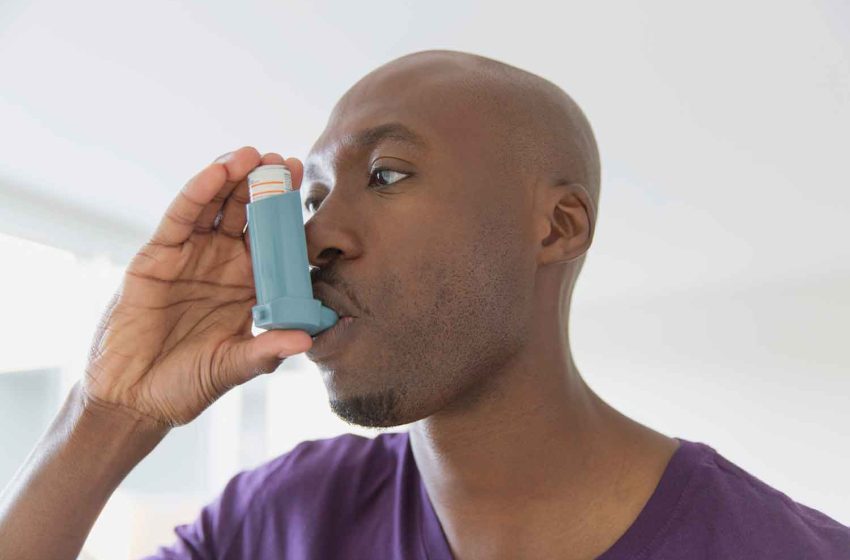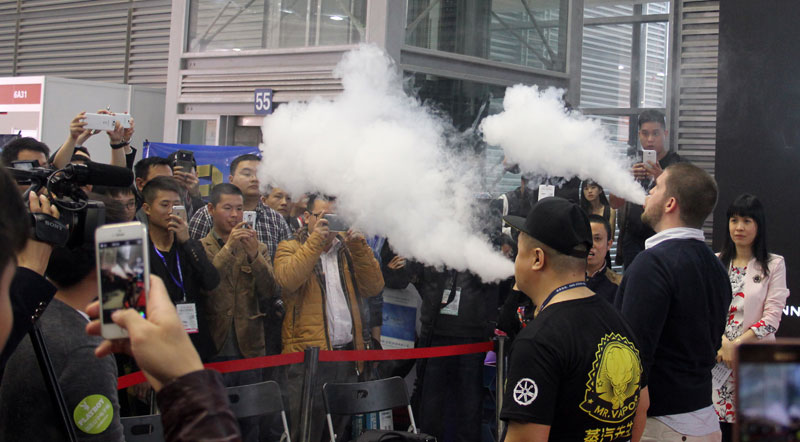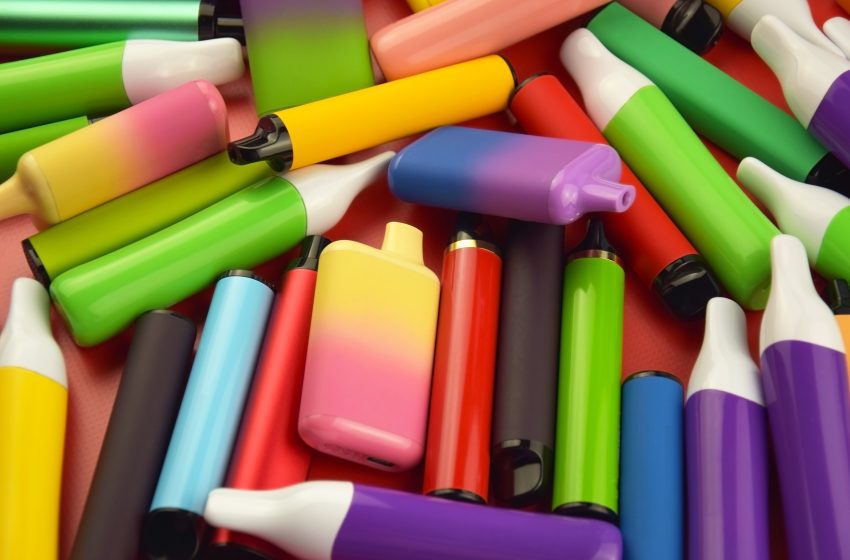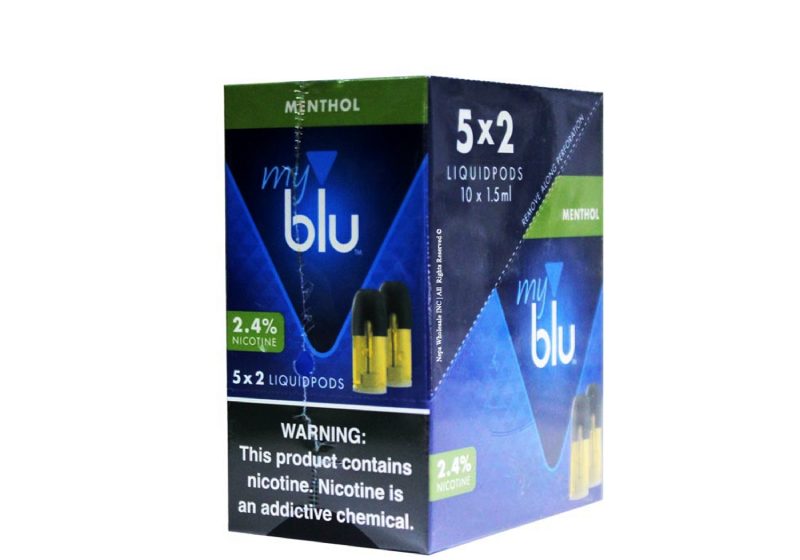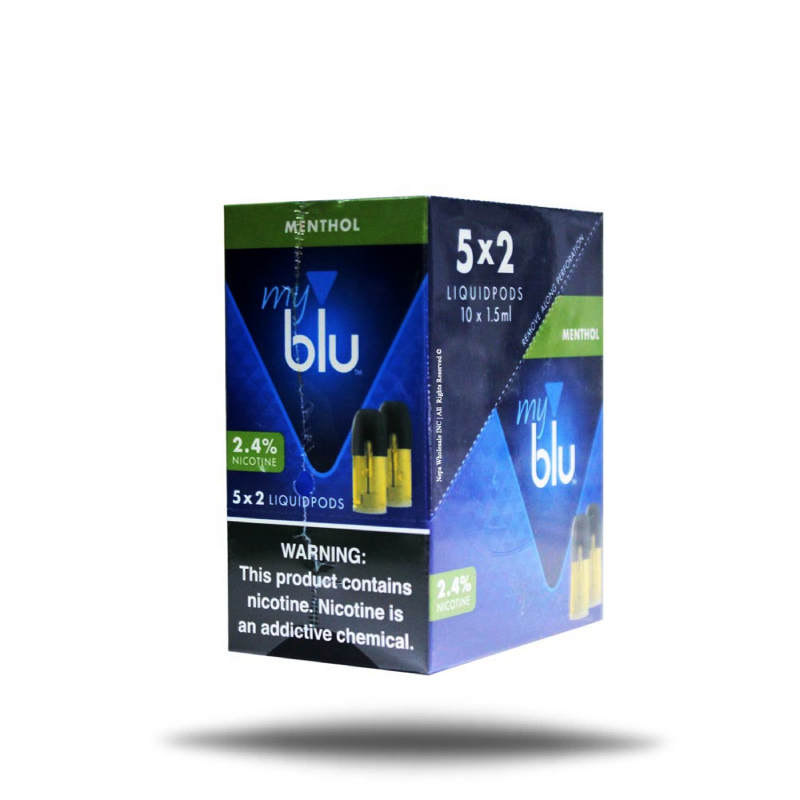
Pulmonologists are concerned about the tobacco industry’s investments in the pharmaceutical business, according to a Nieuwsuur report relayed by the NL Times.
Confronted with declining sales in their traditional line of business, cigarette manufacturers have been exploring adjacent activities, including in the medical sector. For example, Philip Morris International in 2021 acquired the Vectura Group, a British manufacturer of inhaled treatments, and Fertin Pharma, a Danish developer and manufacturer of pharmaceutical and well-being products based on oral and intra-oral delivery systems.
British American Tobacco and Japan Tobacco, too, have medical interests.
Nieuwsuur journalists looked at 87 pharmaceutical products and medicines the tobacco industry is investing in. They found that half of the products are intended to treat diseases linked to smoking, including lung diseases, heart disease and diabetes.
Frits Franssen, pulmonologist and professor of COPD at the University Medical Center in Maastricht in the Netherlands, worries about tobacco companies’ growing presence in the pharmaceutical business. He called their investments into medicines that treat smoke-related illnesses “uncomfortable,” pointing out that they’re earning twice from the smoker—once from the packet of cigarettes, then from treating the diseases caused by smoking.
Tobacco companies insist that their diversification efforts fit with their strategy to reduce the health toll of tobacco use. By investing in noncombustible products, for example, they are offering smokers a less harmful way to consume nicotine.

